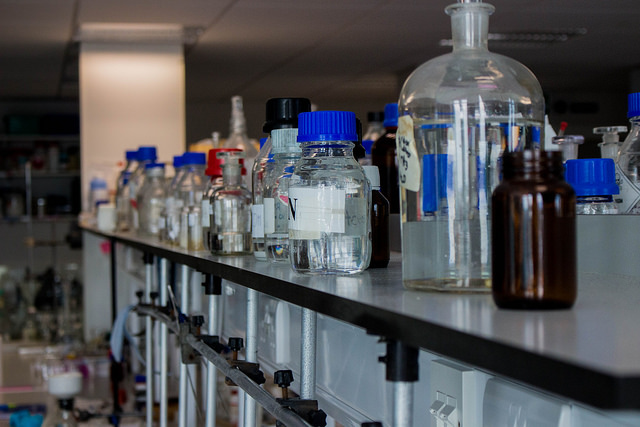Trinity scientists have discovered that glucose, by stimulating cells that work to fight off infections and tumours in the immune system, may be a crucial factor in the fight against cancer and inflammatory diseases.
By targeting glucose-controlled systems, researchers may be able to develop new options in regulating the response to such diseases.
This research team was overseen by Prof David Finlay, the Ussher Assistant Professor in Cancer Biology in Trinity, and published in the leading international journal Nature Communications.
Glucose, known to be the body’s most effective fuel, is used primarily to stimulate growth and cell division. Glucose also has a significant role in immune responses, meaning that the cells in our immune system require large quantities of glucose in fighting infection. It is also known that when immune cells are starved of glucose, as might occur with a tumour, they become dysfunctional.
The results showed that the immune cells that monitor our bodies for signs of danger, known as dendritic cells, are different. When they are starved of glucose, they are better able to stimulate an immune response. This enables them to better stimulate the vital players in the body’s immune response, T lymphocytes.
Finlay, in a press statement, commented: “It is becoming clear that glucose is an important signaller in our immune system, in that the cells that have glucose behave very differently to those who do not. We have discovered that dendritic cells are actually better at stimulating immune responses when starved of glucose, which is not the case for any of the other immune cells being analysed.”
Commenting on the implications of his team’s research, Finlay added: “The discovery that T Cells and dendritic cells compete with each other for glucose offers a new and exciting insight into how glucose can regulate dendritic cell function.”
The scientists believe this now opens the door to new therapeutic possibilities to regulate immune responses to cancers and other immune-related diseases.
“We hope by better understanding how nutrients such as glucose control the immune response, we can go on to develop new therapies to tackle a host of debilitating immune-related diseases.”







